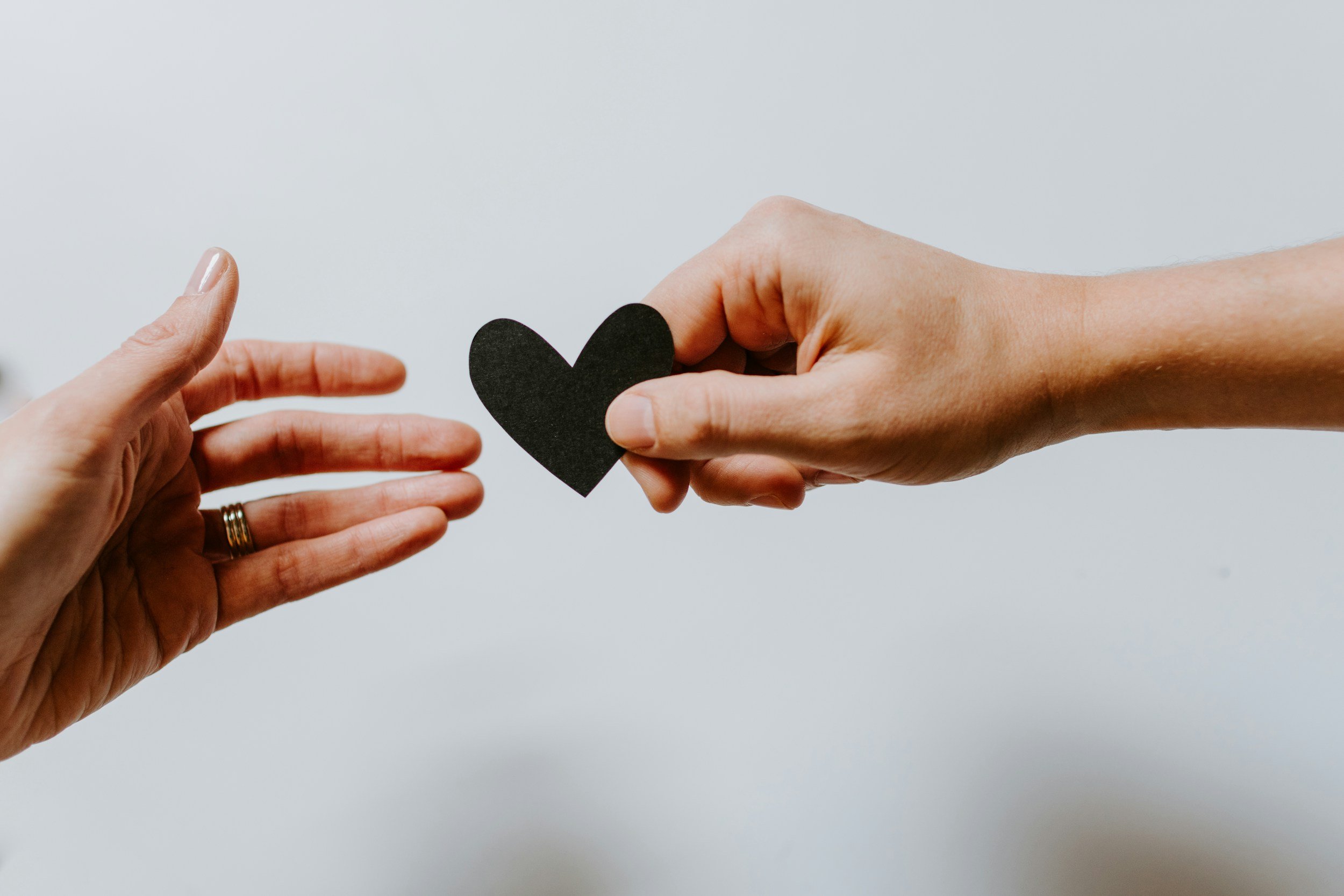How Attachment Wounds Shape Mental Health—and How You Can Heal
Have you ever noticed recurring patterns in your relationships that leave you feeling stuck, anxious, or unworthy? Perhaps certain interactions bring up deep-seated fears or emotional pain. These challenges may stem from attachment wounds, which are emotional injuries formed in early life relationships.
Attachment wounds can profoundly impact your mental health and your ability to connect with others, but understanding and addressing them is the first step toward healing.
What Are Attachment Wounds?
Attachment wounds develop when our fundamental needs for safety, love, and connection aren’t consistently met during childhood. Whether due to neglect, emotional unavailability, or other forms of trauma, these early experiences can shape how we perceive ourselves and relate to others.
When these wounds go unresolved, they often lead to insecure attachment styles, such as:
Anxious Attachment: A fear of abandonment or rejection, often leading to clinginess or people-pleasing.
Avoidant Attachment: A reluctance to depend on others, resulting in emotional detachment or withdrawal.
Disorganized Attachment: A combination of fear and longing in relationships, typically rooted in unpredictable or chaotic dynamics.
How Attachment Wounds Impact Mental Health
Attachment wounds don't just disappear as we grow older—they weave into our adult lives, often affecting our mental health and relationships in profound ways.
Chronic Anxiety or Depression: Negative beliefs like "I'm not good enough" or "People always leave" can fuel feelings of sadness, hopelessness, or fear.
Relationship Conflicts: Difficulty trusting others, fear of vulnerability, or a tendency to push people away can create tension in close relationships.
Low Self-Worth: Early emotional neglect or criticism can lead to a persistent sense of inadequacy or self-doubt.
Emotional Dysregulation: Without a secure foundation for managing emotions, feelings like anger, sadness, or fear can feel overwhelming.
Healing Attachment Wounds Through Therapy
The good news is that attachment wounds can heal, no matter how deep they may feel. Therapy offers a safe and supportive space to explore these wounds, identify their impact, and work toward building healthier relationships with yourself and others.
At Authentic Connections Counseling & Wellness, we take a holistic approach to mental health, combining evidence-based practices like Cognitive Behavioral Therapy (CBT) and mindfulness with techniques that address the mind-body connection. We help clients reframe negative beliefs, develop emotional resilience, and practice self-compassion, all within a safe and nonjudgmental environment.
The therapeutic relationship itself can be a powerful tool for healing. By experiencing trust, safety, and validation in therapy, clients often discover new ways of connecting and relating that extend to their everyday lives.
You’re Not Alone
If attachment wounds are influencing your mental health or relationships, know that you don’t have to navigate this alone. The caring team at Authentic Connections Counseling & Wellness is here to guide you on your journey toward healing and growth.
Take the First Step
Healing starts with a single step. If you’re ready to break free from the patterns holding you back, reach out to Authentic Connections Counseling & Wellness today. Together, we’ll work toward a life where connection feels safe and fulfilling.


